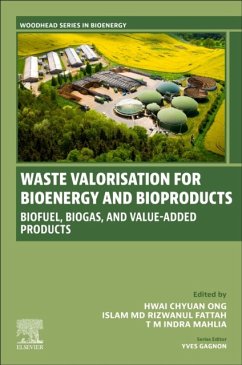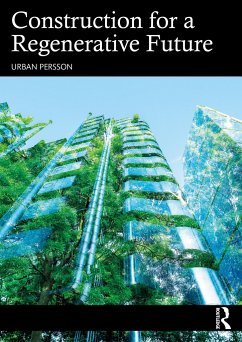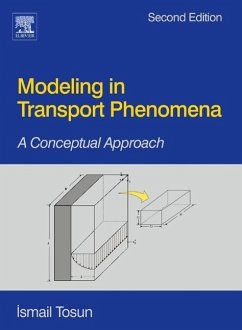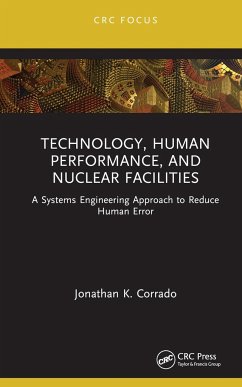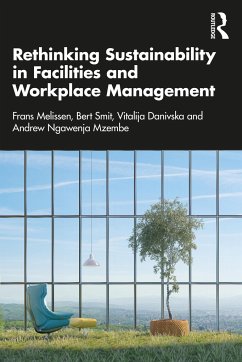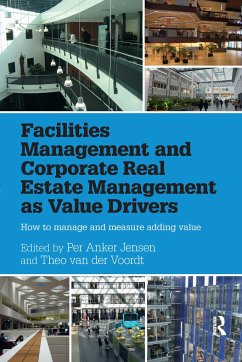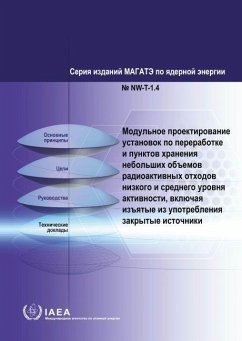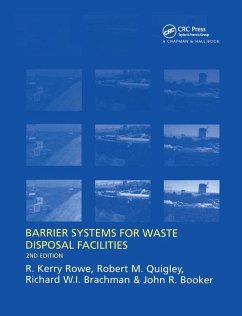Nicht lieferbar
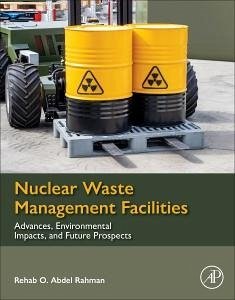
Nuclear Waste Management Facilities
Advances, Environmental Impacts, and Future Prospects
Versandkostenfrei!
Nicht lieferbar
Nuclear Waste Management Facilities examines best practices and recent trends in improving nuclear safety and reducing the negative environmental impacts of nuclear waste. With a strong emphasis on regulatory requirements, this reference is essential for designing new integrated waste management practices, using lessons learned from historical and current practices. Divided into three key parts, Part One introduces the reader to the safety and environmental impacts of the nuclear industry and the historical and current nuclear waste management practices. Part Two reviews recent technological a...
Nuclear Waste Management Facilities examines best practices and recent trends in improving nuclear safety and reducing the negative environmental impacts of nuclear waste. With a strong emphasis on regulatory requirements, this reference is essential for designing new integrated waste management practices, using lessons learned from historical and current practices. Divided into three key parts, Part One introduces the reader to the safety and environmental impacts of the nuclear industry and the historical and current nuclear waste management practices. Part Two reviews recent technological and methodological approaches to enhancing safety, as well as reducing the environmental impacts of both individual processes and integrated facilities. Topics covered include spent fuel and radioactive waste management, legacy waste management, remediation, and decommissioning. Part Three considers some prospective for the safe management of waste from innovative reactors, and wastes that contain emerging contaminants, including waste recycling opportunities. Nuclear Waste Management Facilities is a crucial tool needed to implement the safest and most environmentally considerate best practices within nuclear waste management facilities.






